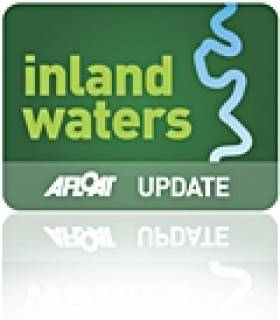Displaying items by tag: weedcutting
Inter-Agency Response to Lough Erne Weed Invasion
A new inland waterways inter-agency response to the rising levels of invasive weed growth on Lough Erne has been launched.
The Lough Erne Invasive Species Group (LEISG) brings together Fermanagh District Council, the Northern Ireland Environment Agency (NIEA), Waterways Ireland, the UK's Departments of Culture, Arts and Leisure, and Agriculture and Rural Development, among others, to tackle the threat posed by the invasive Nuttall's Pondweed.
LEISG says the weed has survived the winter "in significant quantities", and the potential for its rapid spread poses a serious concern for tourism and leisure on Co Fermanagh.
The group has recommended harvesting and weed-cutting as the most effective method to control Nuttall's Pondweed where it may interfere with main channels and access to public amenities.
Management of water levels has also been identified as playing a role in future control of the weed.
Anyone wishing to assist in weed-cutting must contract the NIEA through www.nidirect.gov.uk for permission. More information on invasive species is available at www.invasivespeciesireland.com.





























































